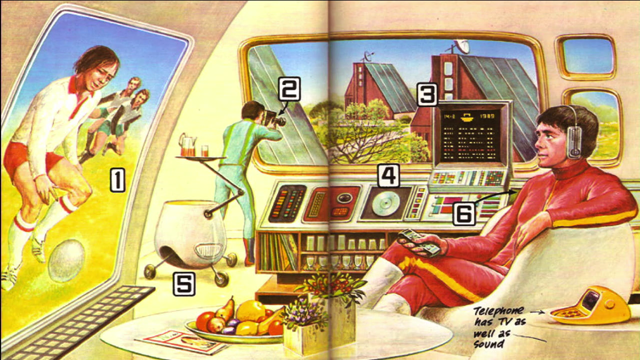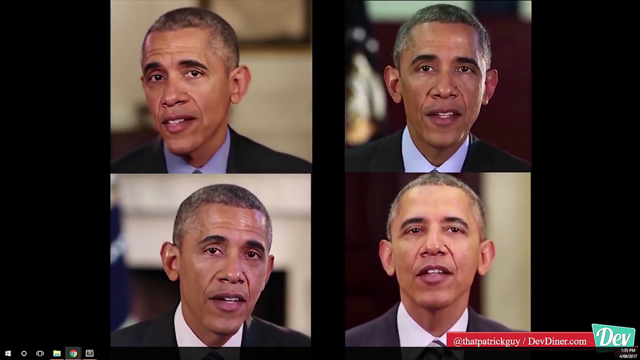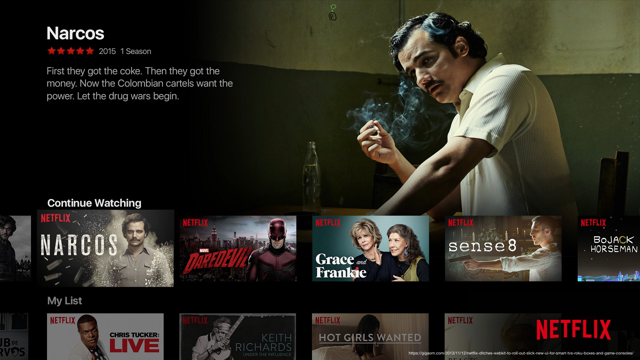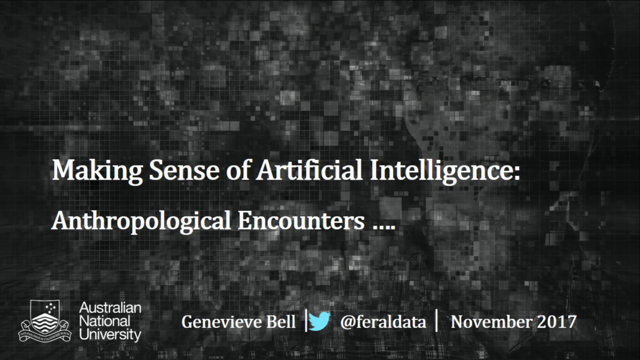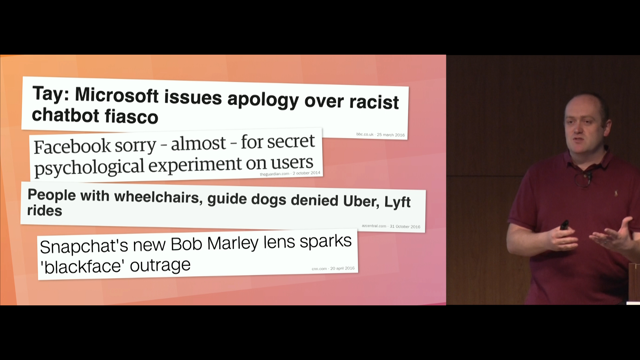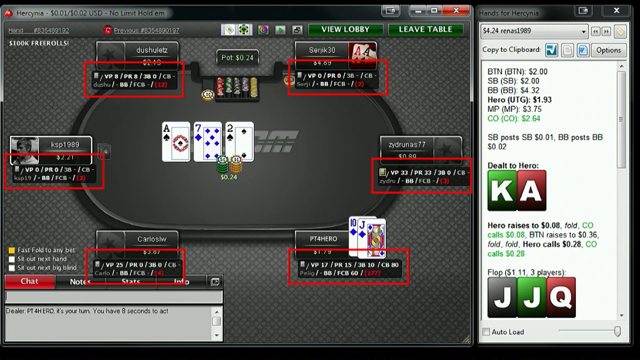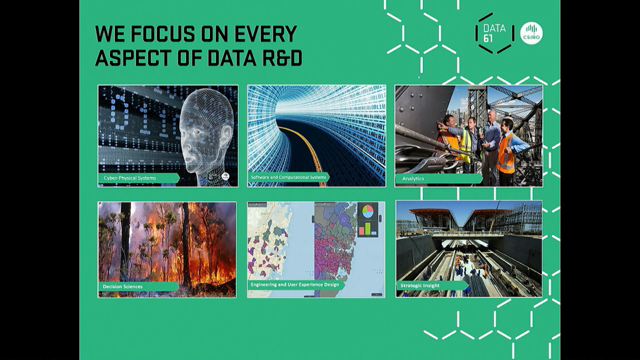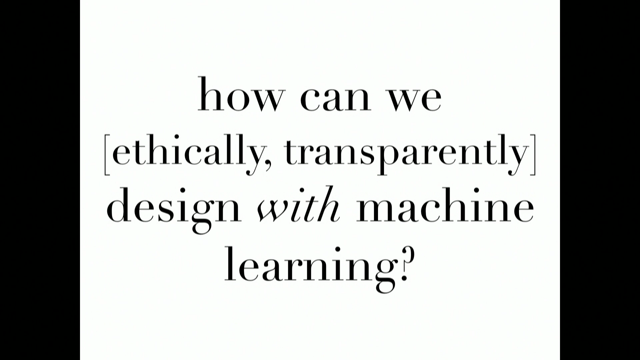What Kind of Writer Is ChatGPT?
October 4, 2024
For the writers Pigg studied and the students I interviewed for this article, ChatGPT was not so much a perfect plagiarism tool as a sounding board. The chatbot couldn’t produce large sections of usable text, but it could explore ideas, sharpen existing prose, or provide rough text for the student to polish. It allowed writers to play with their own words and ideas. In some cases, these interactions with ChatGPT seem almost parasocial. Chris told me that Chat—his nickname for ChatGPT—was a “good conversation partner.” Another student, who was profiled in a recent paper on the subject, nicknamed the chatbot Lisa and described “her” as “a partner and even a friend.” ChatGPT raises difficult practical issues about originality and plagiarism. But the binary question “Is it cheating?” hides the possibility that something new and inventive might be going on here.
The New Yorker has recently published some thoughtful nuanced pieces on AI in recent years, including a trio of essays by science fiction author Ted Chiang (Arrival is based on his The Story of Your Life)
- ChatGPT Is a Blurry JPEG of the Web
- Will A.I. Become the New McKinsey?
- Why A.I. Isn’t Going to Make Art
Chiang I think made one of the most astute observations about the intersection of AI and society (‘I tend to think that most fears about A.I. are best understood as fears about capitalism‘)
This piece in the New Yorker continues in that tradition.
